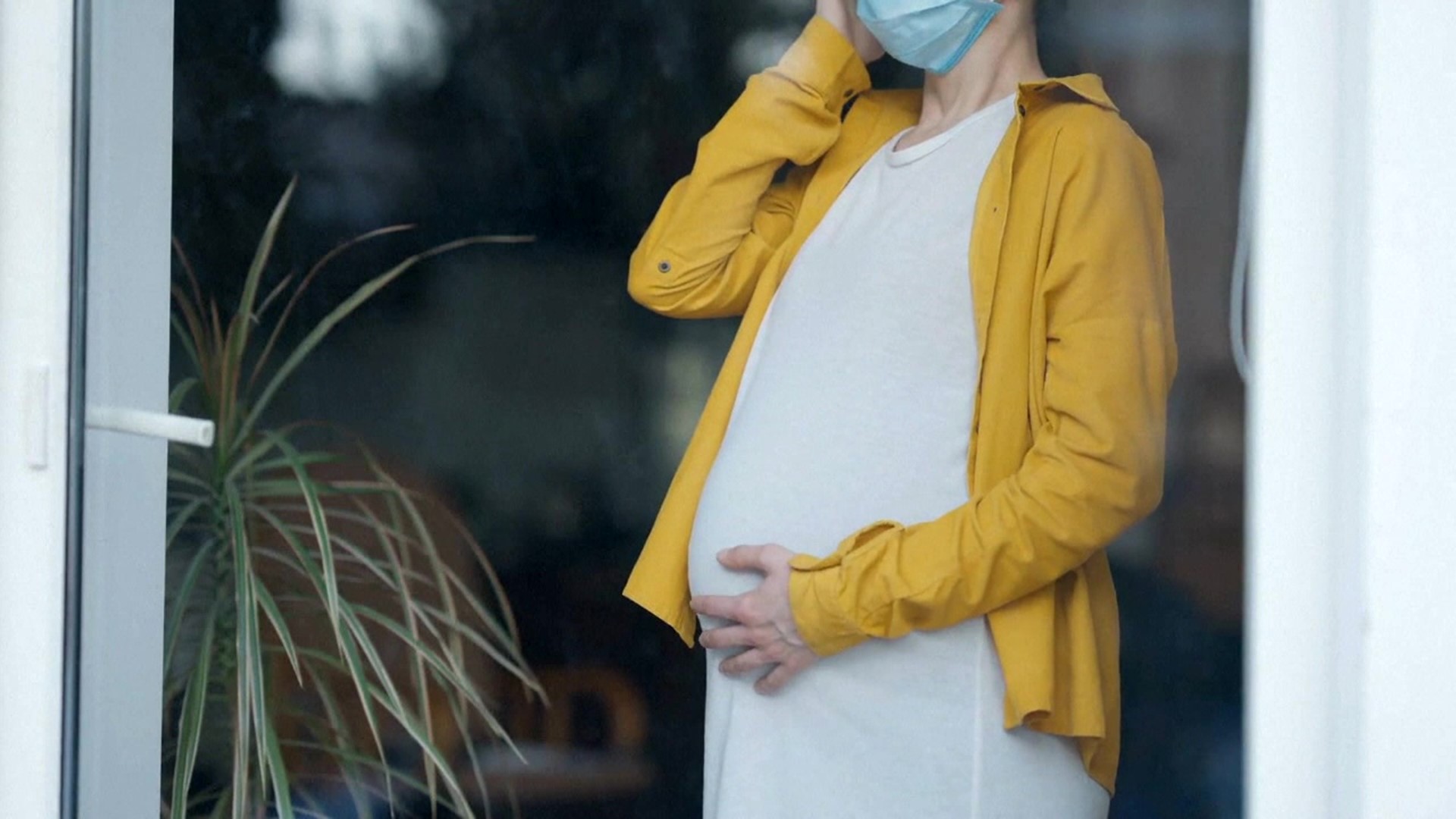DANVILLE, Pa. — Finding out you are pregnant can be one of the most wonderful times in a woman's life. But learning your baby has a birth defect can be one of the scariest.
January is Birth Defect Awareness Month, and according to Geisinger, birth defects affect one in every 33 babies born in the United States, around 120,000 babies each year.
"In general, every pregnancy has a chance to have a birth defect, and that risk or chance is right about 3 percent just in general for anybody," said Lindsay Payne, program director of genetic counseling at Geisinger.
Payne says while the majority of birth defects are genetic and cannot be avoided, there are some measures women can take.
"Sometimes steps can be taken prior to pregnancy to reduce that chance, such as taking a prenatal vitamin with folic acid in it."
If you are pregnant or thinking about becoming pregnant, don't smoke or drink alcohol. Talk to your doctor about any medications you are taking.
As a genetic counselor, Payne sees patients concerned about their family history and how it will affect their unborn children.
"We do see patients to discuss their family history. We take a detailed family history, do a risk assessment to see what we see in the family history that might be relevant, and then also we can order any genetic testing."
If you have questions about your own genetic health, you should speak with your doctor, who can refer you to a genetic counselor.
See more Healthwatch 16 stories on YouTube.

